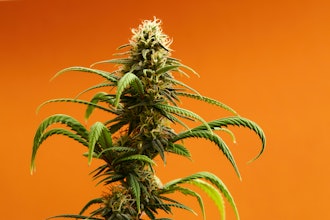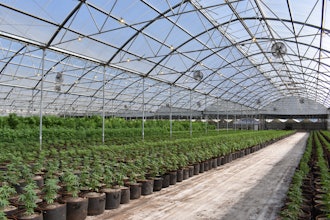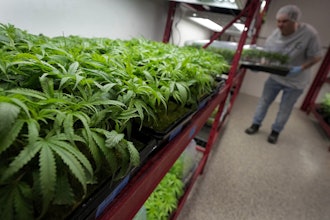
With the significant increase in industrial production of hemp, there is a demand for newly discovered uses of its products.
The uses of industrial hemp include pain medication, cancer treatment, and more, but little is known about the regulation of biosynthetic pathways for cannabinoid production.
Virginia Tech researchers in the College of Agriculture and Life Sciences are working to improve the understanding of these processes to allow for better selection for, or modification of, plants with particular cannabinoid content. This could increase profit and reduce risk for growers as well as advance further use of cannabinoids in medical treatments.
The project is led by Bastiaan Bargmann, assistant professor in the School of Plant and Environmental Sciences and affiliated faculty member with the Fralin Life Sciences Institute.
This work will make possible the generation of new varieties, either through conventional or new plant breeding technologies, with enhanced, reduced, or abolished production of specific cannabinoid compounds.
To achieve these goals, the objectives are to study the gene regulatory networks that govern cannabinoid biosynthesis and to measure the effect of manipulation of this regulation on the metabolic profile of cannabis.
The research is funded by a $600,000 grant from the U.S. Department of Agriculture, and the work will be performed in collaboration with the Institute for Advanced Learning and Research in Danville, Virginia, and York University in Canada.






















